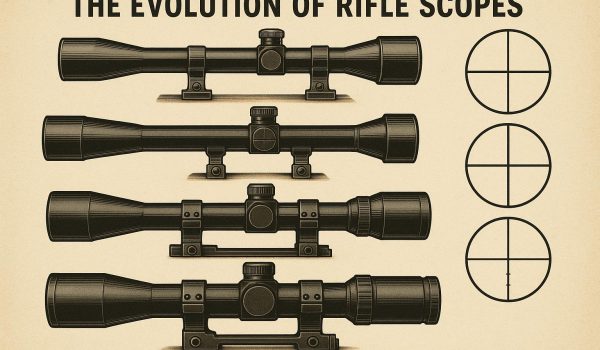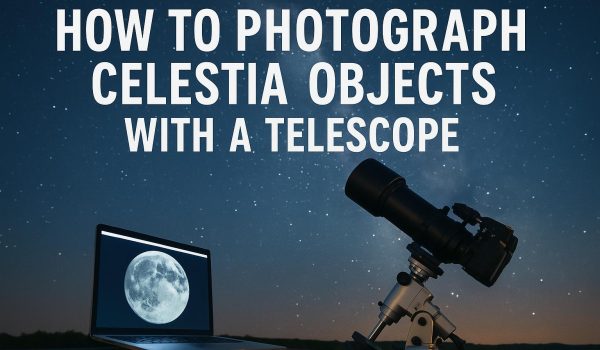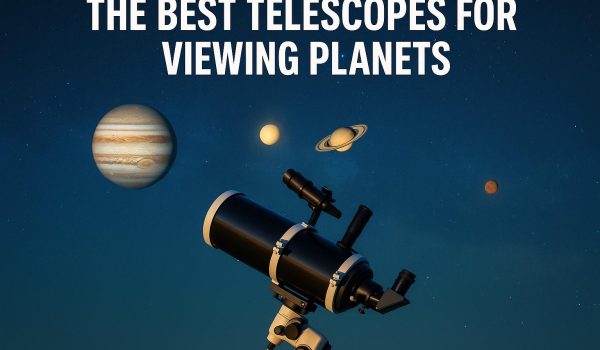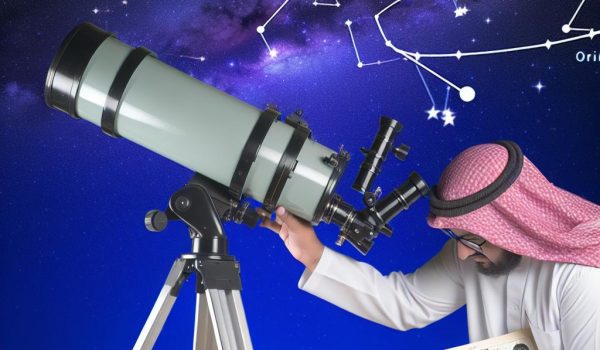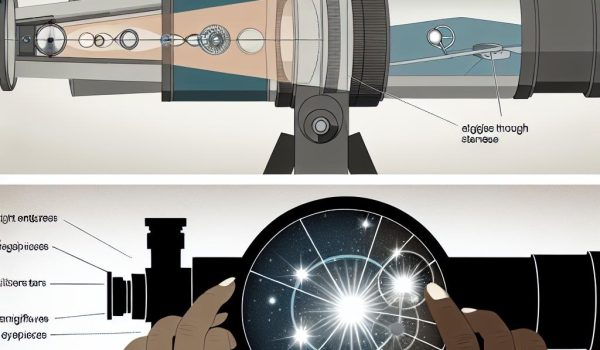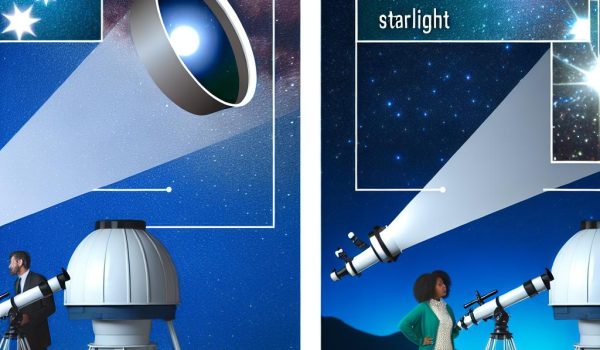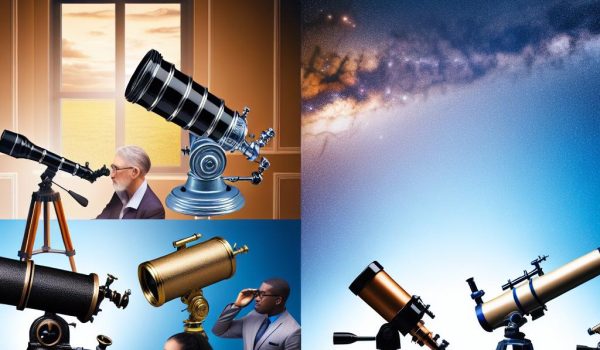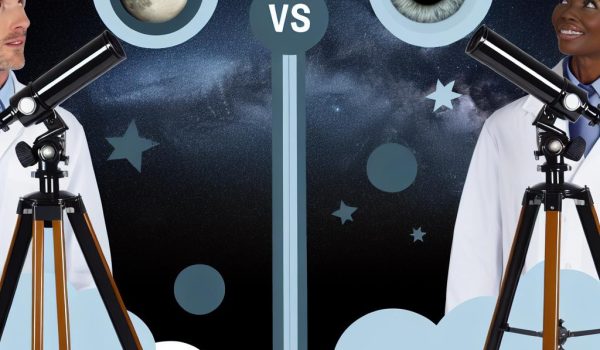The evolution of rifle scopes.
The Beginnings of Rifle Scopes The history of rifle scopes can be traced back to the early 19th century. As firearms continued to evolve, there emerged an increasing demand for more precise aiming mechanisms. Initially, marksmen and hunters relied on iron sights. These were fixed metal pieces that aligned along the firearm barrel, proving effective for short-distance shooting. However, as shooting activities demanded longer ranges and higher accuracy, the limitations of iron sights became apparent. This led inventors around the…


